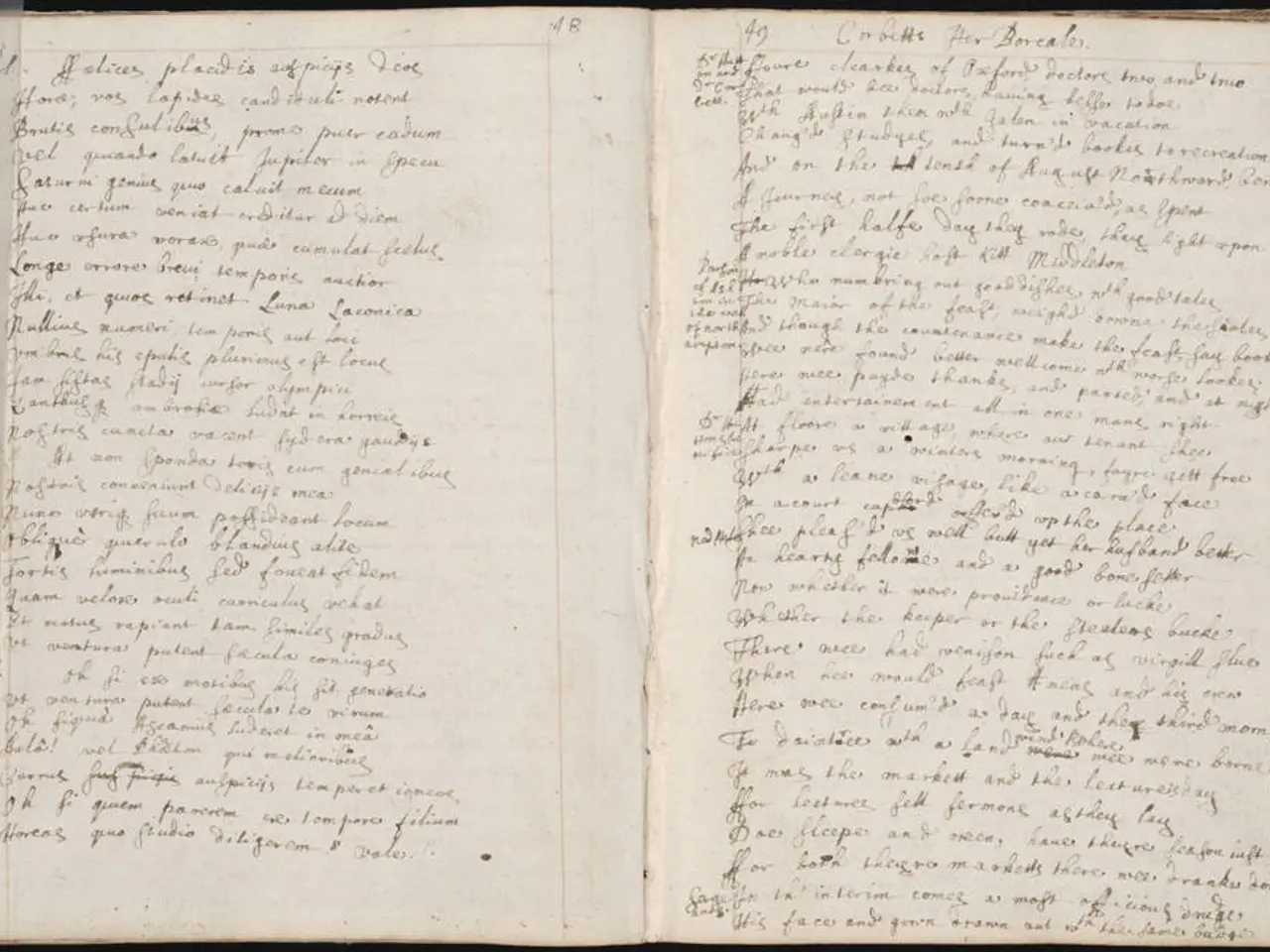Prosperous Terrain: An Overview
In last week's Torah reading, Moshe, in his plea to enter the Land of Israel, made a profound statement by repeating the word "good" multiple times. This repetition underscores the Land's special status as divinely promised and treasured, and reveals Moshe's heartfelt desire to witness and share in its blessings.
Rabbi Sholom Gold, a renowned English-speaking Torah scholar in the Religious Zionist movement in Israel, noted that this emphasis on the Land's "goodness" is a counterpoint to the negativity of the spies who, during the sin of the Spies, gave a negative report, focusing on the Land's difficulties and dangers.
Moshe's yearning and repeated affirmation of the Land's "goodness" can be seen as a call to embrace a positive view of Israel, both historically and today. In contemporary terms, this dynamic shapes the perception of Israel today. While Israel is recognized as a unique land blessed and promised by God, the ongoing challenges and conflicts can obscure its "goodness."
Rabbi Gold suggested that Moshe was asking for two things from Hashem: permission to enter the good Land and Hashem's blessing to continue seeing the Land in a good light. This perspective encourages a view of Israel as fundamentally "good" and valued, offering hope and faith in its ultimate fulfillment and restoration despite setbacks.
The Mishna teaches that a "good eye" is the trait of Avraham and its opposite is the trait of the wicked Bilaam. Embracing a negative view of the Land of Israel is, therefore, a grievous misdoing and may be considered a continuation of the sin of the Spies.
Rabbi Gold also highlighted the importance of a "good eye" in viewing the settlement of Israel and life there in a positive light. He noted that seeing the Land of Israel in a negative light is a spiritual illness that should be protected against. Some in the Diaspora, for instance, believe it is suicide to come on aliyah until all of the problems in Israel are fixed, reenacting the sin of the Spies.
In the spirit of Moshe's plea, Rabbi David Samson, another leading English-speaking Torah scholar, encourages a renewed faith in and appreciation of Israel's spiritual and physical significance. Criticizing Israel in the media today can be seen as a continuation of the corrupted vision of the Spies. Rav Ami and Rav Asi, in the Talmud, moved from shade to sun and back to promote the settlement of Eretz Yisrael and avoid speaking ill of it.
Rav Hanina, another sage, would clear away debris from the roads of Eretz Yisrael to prevent derogatory comments about the Land. Loving the Land, seeing it with a good eye, and coming to live there in accordance with the will of the Almighty is, thus, a way to rectify the sin of the Spies.
In conclusion, Moshe's repeated affirmation of Israel's "goodness" serves a dual function: highlighting the Land's blessed nature and implicitly critiquing the earlier lack of faith by the spies. It invites renewed faith in and appreciation of Israel's spiritual and physical significance, both historically and today.
The ongoing debate in politics and general news today reflects the conflict between Moshe's affirmation of Israel's "goodness" and the negativity displayed by those who give a pessimistic report about Israel, resembling the actions of the spies. Embracing a positive view of Israel, as encouraged by Rabbi Sholom Gold, could provide a counterpoint to current media critiques, promoting a faith in and appreciation of Israel's spiritual and physical significance, much like Rabbi David Samson suggests.








